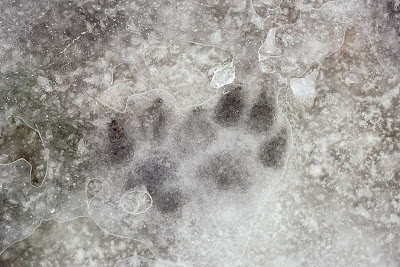Whether you have already been hit by snow in your area, or the cold temperatures are leaving a pristine layer of ice on your car, you’ll know that temperatures in the UK are steadily dropping and that we are set to see further freezing temperatures leading in to the end of January.
During this time, we’re sure that you’ll try everything you can to prevent snow and ice from effecting your everyday life; from popping a cover over your car, to generously pouring de-icer on the sheet of ice that has formed overnight on your garden features.
Antifreeze contains ethylene glycol, which is a substance - used in car radiators and de-icers - that can prove deadly if your pet ingests the chemicals. Unfortunately for us feline lovers, cats seem to be attracted to the smell and the taste of anti-freeze; they only need to ingest a small amount of the toxic liquid for them to become dangerously affected.
To combat the growing problem of anti-freeze killing an average of 50 cats per month in the UK, try and buy a product that doesn’t contain ethylene glycol, in order to safeguard against both your pets and the distress for other pet owners. Alternatively, keep your products in a sealed container that your pet won’t have any access to and clean up any spills immediately.
Some signs to look out for in a pet that has digested anti-freeze are vomiting, lethargy, going to the toilet more often & drinking an unusual amount. If you know – or suspect – that your pet has come in to contact with the chemical, please contact your pet insurance provider who will let you know the next steps to take.

No comments:
Post a Comment